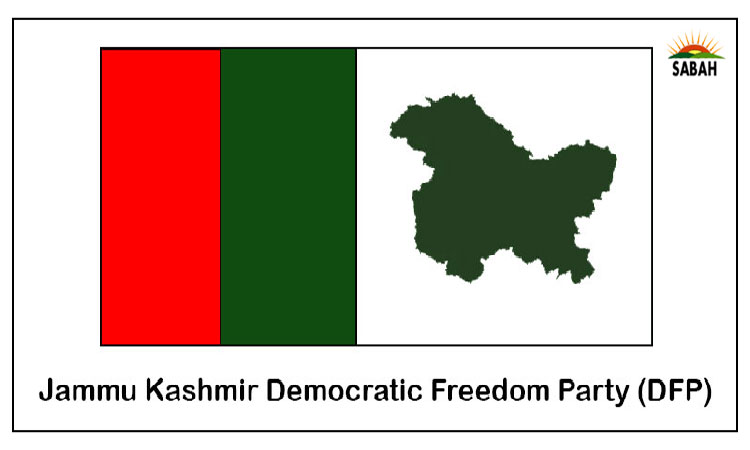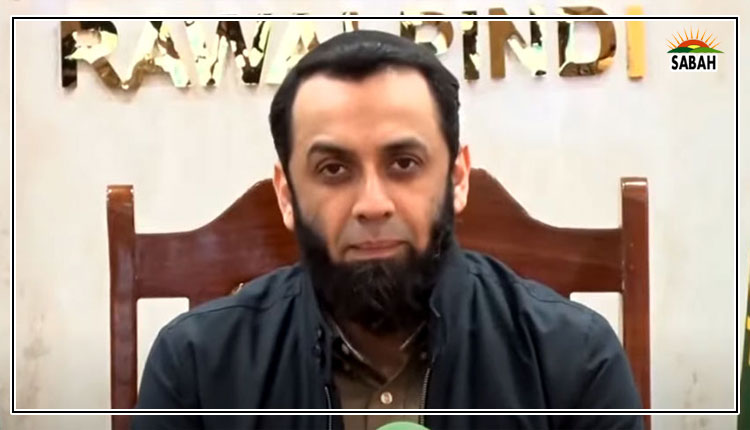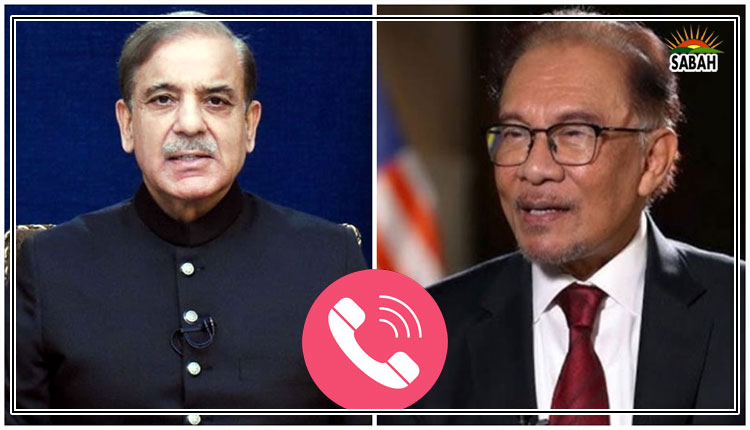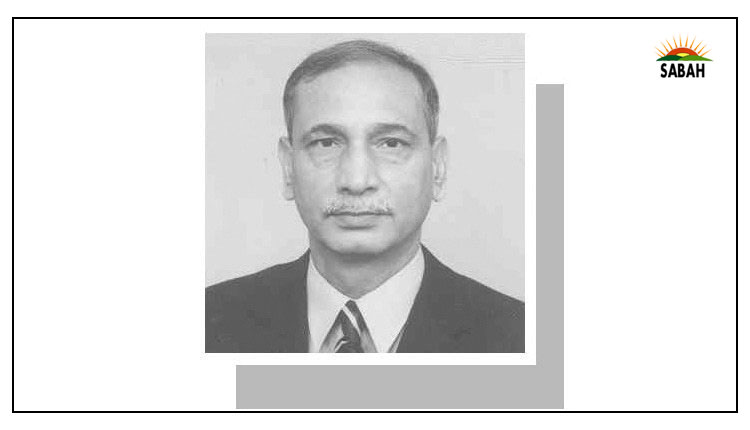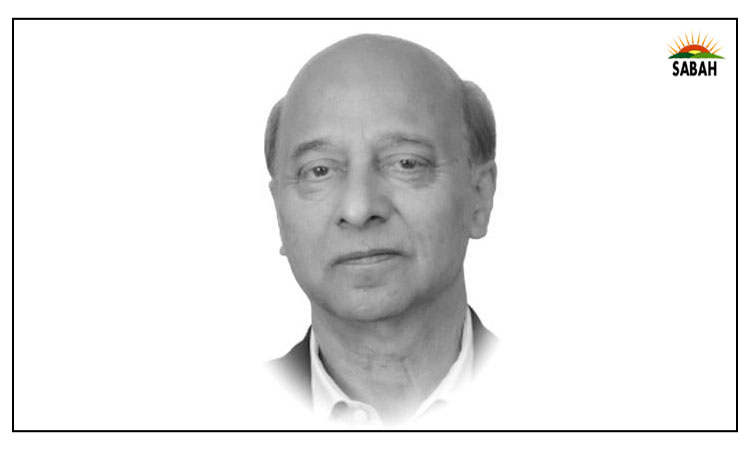Pakistan’s multiple wars and the India factor … Imtiaz Gul
Pakistan is currently embroiled in multiple wars with internal dimensions: a vicious, ethnically-coloured proxy war mounted by predominantly Pashtun TTP and Baloch separatist groups, largely in Balochistan and K-P; a sectarian-tribal war, as evidenced in the bloody incidents of Kurram where dozens lost their lives in continual clashes; and a witch-hunt of religious minorities, with laws weaponised as a tool of persecution.
The fourth debilitating war involves the consequences of an elitist, royal model of governance, resulting in a stagnating economy due to pushback against much-needed reforms aimed at balancing revenue and expenditure.
The fifth war is against climate change, for which the government is pleading with the world community for funding, albeit with limited success.
The most dangerous of these conflicts, with potentially aggravating implications, is the one Pakistanis and residents of Islamabad witnessed during the night of November 26-27. In this conflict, status quo forces are united against one political party, which they refer to as disruptor, fascist and extremist. All legal and administrative actions, coupled with one-sided rhetoric against PTI, are only deepening the cleavage between citizens and state institutions. The alleged indiscriminate firing at D-Chowk and the vandalism of scores of vehicles have only further eroded whatever little credibility the current rulers had.
These factors constitute internal fault lines that play into a bloody proxy war, also referred to as an extension of the hybrid warfare Pakistan has faced since the birth of TTP in December 2007.
The security landscape has worsened, particularly following the inception of CPEC.
A security roundtable organised by India Today in October 2009 offers insights into India’s approach to Pakistan.
India’s NSA Ajit Doval suggested: “You can never deal with any obstinate enemy unless you have brought it to your terms To do that, don’t let either side win. Pakistan is in turmoil, there are two sides to it, their army is seriously engaged, so let it continue.”
Former High Commissioner to Pakistan G Parthasarthi said of Pakistan: “It has fault lines which may be exploited by India as they have to realise that. The fact that Pakistan is having problems in Afghanistan, they are also with Iran. These are things we need to work on. Pakistan has to be made to realise that it will pay a price for what it is doing and therefore raising the costs for Pakistan’s covert overt needs to be an essential ingredient of policy.”
Ved Marwah offered a more specific recommendation: “ . We have our leverage in Baluchistan, and in some other parts of Pakistan, but even then it’s very limited and it has its negative consequences. What we need to really convey to Pakistan is that if they commit a blatantly anti-India act on the military ground or otherwise, it will have the repercussion.”
PM Modi’s Independence Day speech on August 14, 2016, appeared to echo these recommendations. He said: “People of Balochistan, Gilgit and PoK have thanked me a lot in the past few days, I am grateful to them” referring to what he called rights violations in Balochistan and Gilgit-Baltistan.
While external exploitation as tit-for-tat for Pakistan’s support for Kashmiri militancy persists, the focus should remain on addressing internal fault lines that exist due to the denial of fundamental rights, poor governance and a sense of marginalisation. This breeds resentment and fuels anger.
Common people, particularly those who join protest movements, hope for improvement in their plight. The answer to these aspirations, rooted in notions of rule of law, civility and morality, is not the use of force. Instead, bipartisan, non-political communication and responsive governance aimed at winning the hearts and minds are required.
Brute force only widens the fissures between state institutions and citizens, making the latter more vulnerable to exploitation in proxy wars targeting the core interests of the country. Fighting external interference is impossible without addressing internal divisions. Citizens form the first line of defence in proxy wars, but this line remains porous as long as people lack trust in the government.
Courtesy



